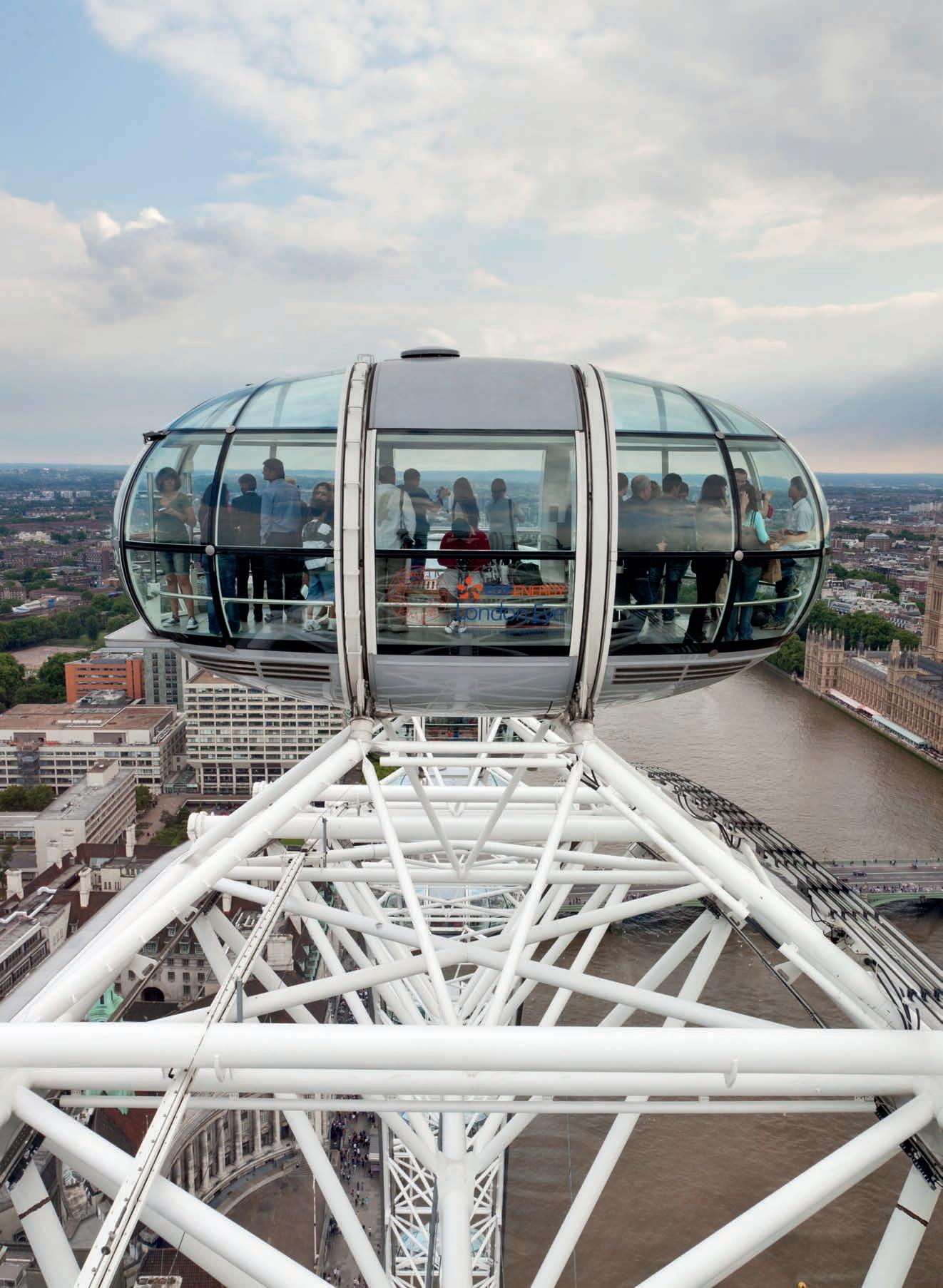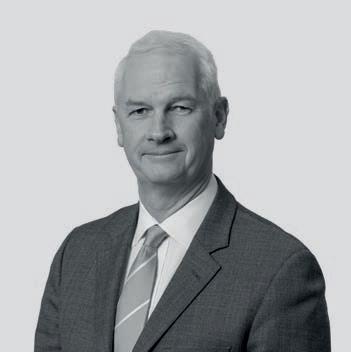SHARING MEDICAL EXPERTISE
Working Hands transforms the lives of people in Nepal that have suffered hand paralysis due to leprosy. The charity’s founder and team leader, consultant hand surgeon Donald Sammut, describes the work and aims of the project
RESTORING LIVELIHOODS WITH HAND SURGERY
106
I've been doing this work for about 20 years, first in India and then in Nepal, travelling to reanimate hands paralysed by leprosy and to teach the local medical personnel. Some six years ago, the charity ‘Working Hands’ was founded to fundraise and coordinate this work.
Working Hands started with one small step – I bought two flight tickets for myself and a nurse to visit a village in India, where there were about 2,000 people affected by leprosy. All were working and integrated in the village society, but most had hands weakened by leprosy.
I am a plastic surgeon and a specialist hand surgeon. My main interests lie in the reconstruction of hands following trauma or degeneration, nerve and tendon surgery, and the reanimation of the paralysed hand. I was a Bristol consultant plastic and hand surgeon for 10 years; since 2003, I have worked freelance. I now work mostly in Bath, where most of my patients are National Health Service patients treated in the private setting. I also have a London practice. About half my time is spent on teaching and training of juniors in the UK and internationally.
Leprosy paralyses nerves, causing weakness and paralysis of the muscles animating the hand. The vast majority of our patients are illiterate farmers and manual workers, whose livelihood depends on what they can dig, carry and handle in a day. There is no state-provided healthcare in Nepal. It is possible to restore strength in affected hands by ‘stealing’ muscles that are still active and powerful, but that are less essential to hand function. For example, we can make a thumb stronger by transferring a muscle from one of the fingers. We



























